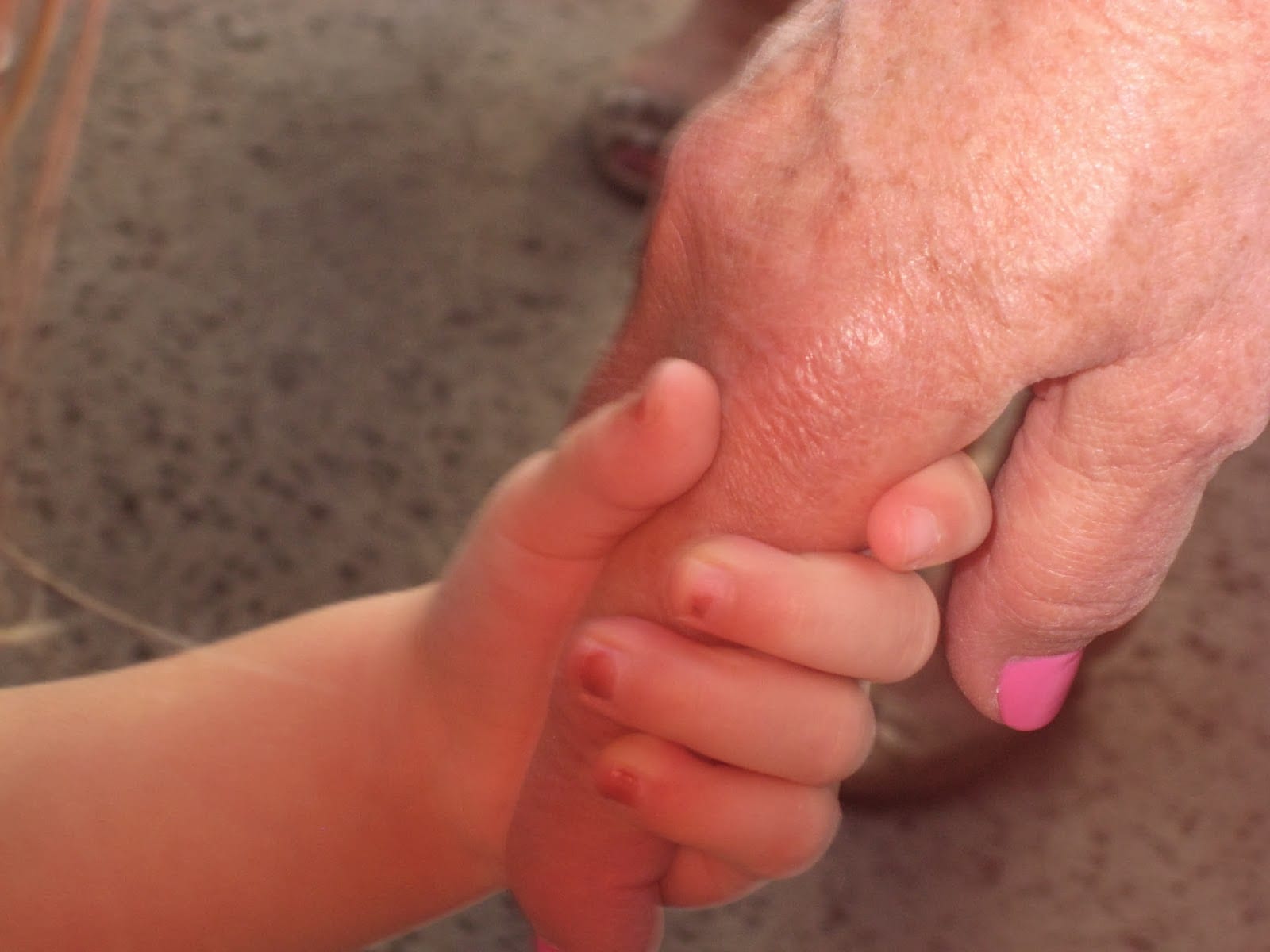
“Our sense of belonging can never be greater than our level of self-acceptance.” Brene Brown
Whoa.
Wow.
Oh. Yeah.
We all want to belong. It is a basic human necessity to be part of something bigger than ourselves, even if it’s just a social group. We are wired to seek out others with whom to collaborate and communicate and once we have done that, we want to contribute. But it’s hard to do that when we don’t feel like we are worthy of being a part of that group, even if we are good at faking it, because on some level, we can never let go and fully participate in that fully-immersed way that comes from NOT worrying about our performance or how others see us.
I have always had a bit of a sticking point with this. And while I’ve gotten exponentially (no, really, light years ahead of where I was) better at it, I still have a hard time inserting myself into a group or proposing my own group and inviting others. It feels skeevy to me somehow, the same way going door-to-door selling magazine subscriptions did when I was a kid. Like I’m invading your space to convince you that you need something you probably really don’t and that makes me a complete asshat for taking up your time and making you feel guilty with my little-kid face at the door (especially if I’m your neighbor and every time you see me after that you’ll feel bad all over again). Like that.
I had the enormous good fortune to be handed an epiphany yesterday that is helping me re-frame how I think about my way of engaging in the world. Building on something that Carrie’s amazing astrologer told me a few months ago, Kris told me that she believes I generally only feel comfortable participating in a group when I am invited in. She helped me to understand that this is not something to be ‘fixed’ or changed about me, it is simply the way I am designed. The more I thought about it, the more sense it made to me.
I have spectacular hearing; a real champion eavesdropper. But I would never overhear something and then ask you about it. Never. I would also never inquire about something in your life that I feel is personal or none of my business unless you indicate to me that you want to talk about it. I have several close friends who think nothing of probing for information, not in a mean or overbearing way, but in a genuinely caring, inquisitive way and I don’t think any less of them for it, it’s simply not who I am. I always assumed that was because of the way I was raised, namely to always err on the side of being seen and not heard and that politeness is the most endearing feminine trait.
But if I look at my publishing successes this past year I see that they all were instances in which I responded to a call for submissions rather than writing something and going out to ‘sell’ it.
I am often shocked when I am invited to be part of a group in some sort of leadership capacity, but am much more likely to do that than I am to create a group based on my own agenda and thoughts or (gasp!) ask to join an already established group. It is proving challenging to fight my immediate instinct that this need to be invited doesn’t represent a weakness, but I’m determined to do it because I can only imagine the possibilities if I can begin to accept this as a part of who I truly am and capitalize on it.


